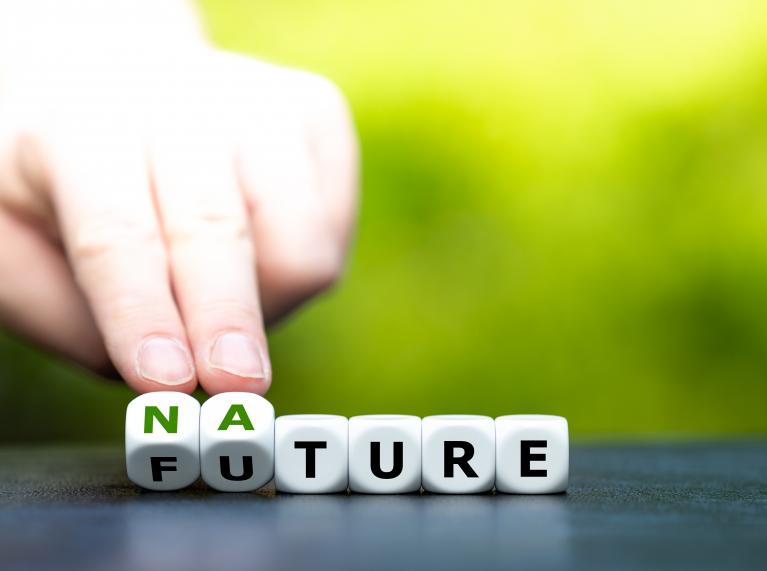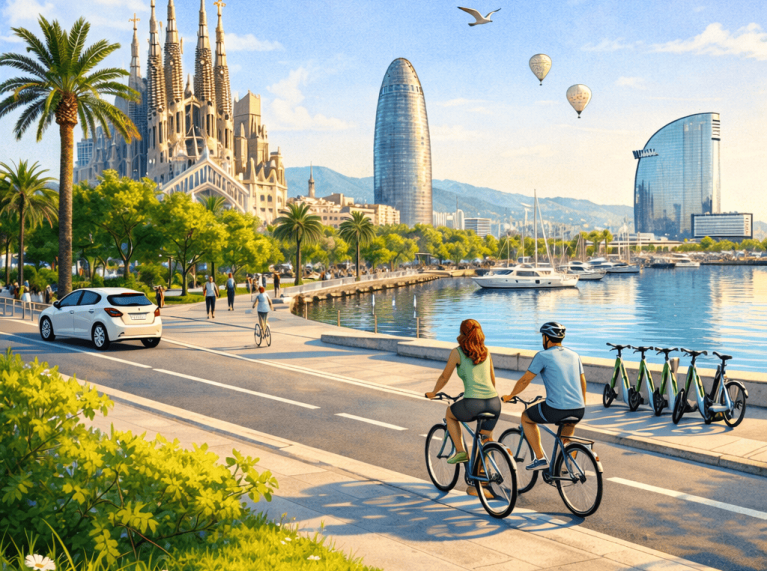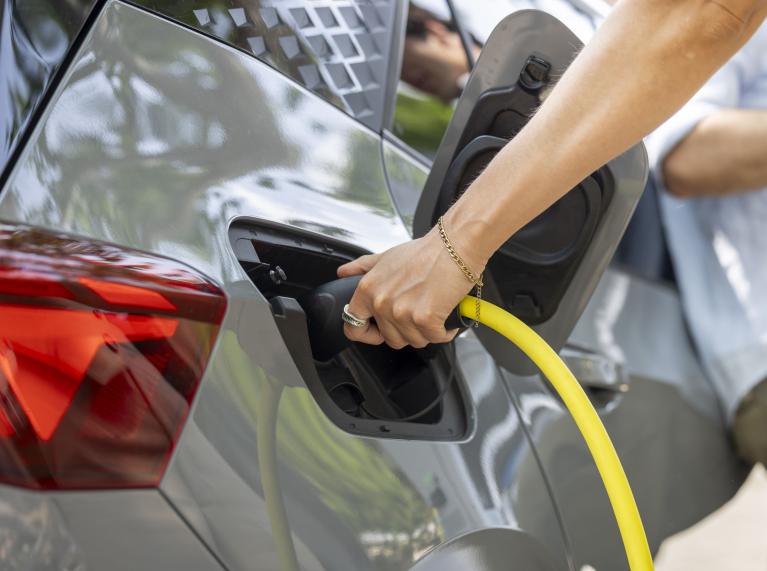When we speak of sustainability, we are referring to the capacity to meet the present needs of society, while at the same time bearing in mind that we also have a responsibility to future generations. Sustainability is the balance between the resources consumed today, and those that will remain for the future generations.
Promoting sustainability involves launching initiatives that cover the economic growth of a community, prioritising well-being and care for the planet’s resources.
Sustainability does not just refer to the environment. There are other types of sustainability whose principal aim is the future economic and social well-being of the population, and energy security.
Ecological sustainability
Ecological sustainability is about ensuring a balance between natural resources and what the population consumes. Ecological sustainability means preserving biodiversity without renouncing economic and social progress.
Investing in sustainable infrastructure, consuming organic or local products, and recycling or using renewable energies are just a few of the initiatives we can take in favour of sustainability.
Energy sustainability
The current energy model is mainly based on a constant consumption of finite resources for producing energy, a model that can also be harmful to the environment. We therefore need to look for alternatives to guarantee energy sustainability, that is a balance between the energy we consume and the resources that we take from the planet in order to generate it.
Environmental protection and constant consumption are forcing us into a period of transition towards more socially aware and responsible models regarding the depletion of the planet’s natural resources.
Renewable energies, such as solar, wind, geothermal and hydro-electric can guarantee energy sustainability.
Social sustainability
When we speak of social sustainability, we mean looking after the well-being of a community, ensuring that its economic and social activities are conducted in such a way that future generations will be able to enjoy social stability and cohesion.
Some initiatives such as promoting equality, ensuring the well-being of the most vulnerable, encouraging social inclusion and fostering a respectful working environment in companies are examples of what we need to do to promote well-being and social sustainability.
Economic sustainability
Economic sustainability means ensuring that initiatives which promote ecological, energy and social sustainability are profitable in the long term.
In other words, it is the balance between creating wealth, consuming resources in responsible ways, developing products that do not harm the environment, and distributing them in a fair and egalitarian way.
Some companies are now pursuing economic sustainability by developing creative ways to make use of certain components and products, and give them a second life.
At the personal level, things like buying eco-brands, consuming fair-trade or second-hand products, and encouraging household savings can help to build cities with more environmentally sustainable economies that favour the well-being of future generations.




